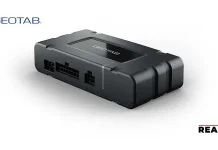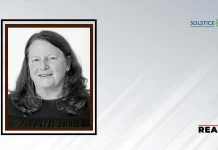Novartis announced the introduction of T-Charge™, the company’s next-generation CAR-T platform that will serve as the foundation for various new investigational CAR-T cell therapies in the Novartis pipeline. At the 63rd American Society of Hematology Annual Meeting & Exposition (ASH) 2021, Novartis will present early clinical data from ongoing Phase I clinical trials with YTB323 (anti-CD19) and PHE885 (anti-BCMA), the first Novartis CAR-T cell therapies developed using this platform. Notably, initial efficacy data show a complete response rate of 73% (95% CI: 44.9, 92.2) at month three for the 15 patients with diffuse large B-cell lymphoma (DLBCL) who received dose level two of YTB3231. For the 11 patients with multiple myeloma who received the two highest doses of PHE885, the best overall response was 100%2.
Also Read: Avanos Medical, Inc. Announces Agreement To Acquire OrthogenRx, Inc.
The T-Charge platform preserves T cell stemness, the ability to self-renew and mature, which results in a product containing greater proliferative potential and fewer exhausted T cells3,4. With T-Charge, CAR-T cell expansion occurs primarily within a patient’s body (in-vivo), eliminating the need for an extended culture time outside of the body (ex-vivo)3,4. These unique characteristics of the T-Charge platform may lead to better and more durable responses, improved long-term outcomes and a reduced risk of severe adverse events1-4.
“With T-Charge, we aim to build on the vast knowledge gleaned from early investment in CAR-T research and trials. Our ambition now is to go beyond incremental advances, to further reimagine CAR-T cell therapy and give patients a higher likelihood of durable responses with the ultimate potential for a cure,” said Jay Bradner, President of the Novartis Institutes for BioMedical Research. “We are encouraged by these promising early clinical data from the first CAR-T cell therapies produced using the T-Charge platform as we look to accelerate their development and delivery to patients.”
Phase I YTB323 clinical study
YTB323, an investigational, autologous CD19-directed CAR-T cell therapy developed using the T-Charge platform, showed promising results in the diffuse large B-cell lymphoma arm of a first-in-human, multicenter, Phase I dose-escalation study. Patients received a single treatment of YTB323 at two dose levels (DL).



